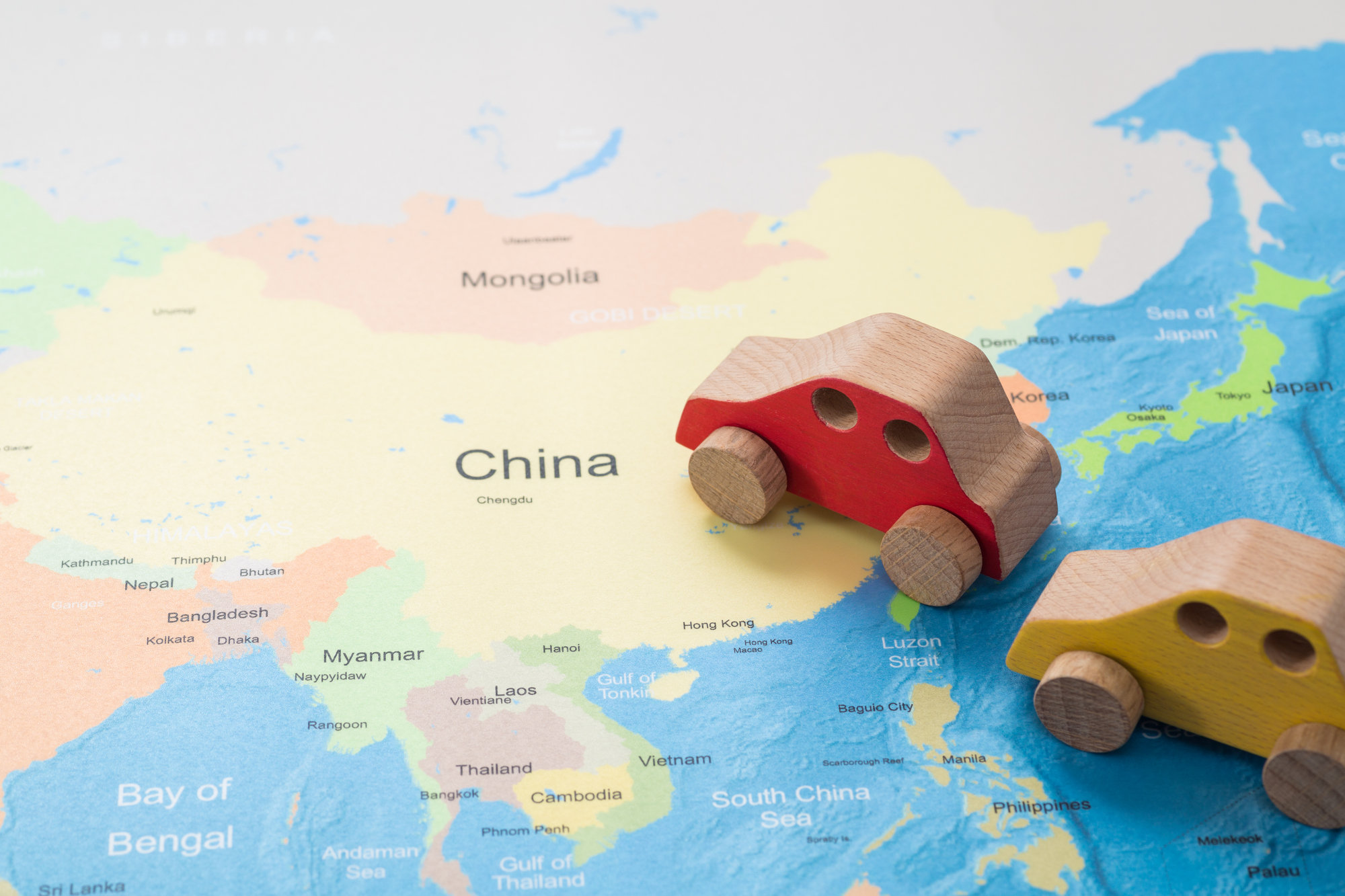2015/06/04
No. 212: Nobumasa Akiyama, "How to Keep Iran from Cheating: Supplementary Relationship between Verification and Political Strategy"
The agreement on April 2 between Iran and the P5+1 on key 'parameters' for a Joint Comprehensive Plan of Action (JCPOA)1 and the subsequent debate over the effectiveness of this forthcoming interim agreement rekindled an old question concerning the nature of nuclear proliferation: is it a political issue or a technical one?
The parameters describe measures to ensure a one-year breakout timeline, such as limiting the number and types of centrifuges, reducing the low enriched uranium (LEU) stockpile to 300 kilograms by shipping abroad a significant portion, and suspending enrichment activities for 15 years. The proper implementation of technical measures such as intrusive safeguards based on the Additional Protocol of the International Atomic Energy Agency (IAEA) to restrict and verify nuclear activities would function as the basis for reliable monitoring of Iran's nuclear activities. Keeping such a breakout timeline should be possible IF such provisions are properly implemented.
The proper implementation of the provisions also serve to prevent "sneak-out" (James Acton, "Who Cares about an Iranian Nuclear Breakout; Beware of an Atomic 'Sneak-out'," The National Interests, November 4, 2014, http://nationalinterest.org/feature/who-cares-about-iranian-nuclear-breakout-beware-atomic-sneak-11604) cases. Were covert nuclear activities or weapon-related activities ever to be undertaken, they would, on top of Iran's existing enrichment capabilities, pose serious threats to the effectiveness of the agreement in ensuring nuclear non-proliferation. The parameters address this concern. First, Iran's enrichment activities are restricted to a single site at Natanz. This would make it difficult for Iran to justify any clandestine enrichment activities discovered at other sites.
Second, Iran agreed to implement the Additional Protocol, which would provide more intrusive access to Iran's nuclear facilities and sites, including uranium mines and mills, as well as procurement channels. If continual monitoring of uranium production and procurement of materials and technology is combined with other safeguards measures, it would be difficult for Iran to engage in clandestine enrichment activities.
However, it is premature to judge at this moment whether these parameters could actually ensure the breakout timeline. First, negotiations on all details of the implementation of these parameters will continue until the end of June. In particular, the specifics of LEU removal, the implementation of the Additional Protocol and, above all, the conditions for lifting sanctions presumably pose serious challenges for both Iran and the P5+1 if they hope to conclude the deal in the next few months.
Second, even if the deal is done, this is just the beginning. As history shows in such instances as the collapse of the Agreed Framework for resolving the North Korean nuclear crisis in 2003, there are always problems in the process of delivering on commitments in such agreements. Skeptics of the JCPOA stress that they cannot count on Iran's compliance, and that the IAEA has insufficient ability to ensure Iran's perfect compliance by detecting clandestine activities or verifying the correctness of Iran's declared activities.
Such concerns are all valid. In the meantime, hardliner approaches, including military options, would not ease these concerns. If the negotiations collapse, which could happen if the P5+1 pursue an unrealistic 'zero-tolerance' option for Iran, there would be two possible scenarios. The first scenario would be to allow Iran to resume its enrichment activities. This would bring Iran much closer to acquiring nuclear weapons than in the JCPOA scenario. Obviously, this would not be an option favored by the United States and its international partners, including Japan. The other scenario would be to conduct military strikes on Iran's existing nuclear facilities. This could delay Iran's going nuclear, but it could not necessarily guarantee that Iran would forego the nuclear option. If military strikes were to fail in destroying covert nuclear facilities undiscovered by intelligence activities thereto, the consequences of the military option would be even worse. Furthermore, such hostile actions would put US policy toward the Middle East in even more difficult straits.
The verification and safeguards measures stipulated in the parameters would not guarantee the 'complete' absence of Iran's nuclear development potential (unless they are all detected by intelligence activities and completely destroyed). It is impossible to completely eliminate the risk of cheating, but the risk of cheating is not specific to the case of Iran. Rather, it is a general feature of any arms control/non-proliferation safeguards and verification activities. You may recall how the United States and the Soviet Union lived with anxiety about the level of sufficiency in verification in their bilateral strategic arms control agreements. The history of these bilateral arms control agreements shows that pursuing technical measures for verification and building two-way political confidence were mutually reinforcing in reducing the threat level and the risk of withdrawal from arms control agreements.
Likewise, if the technical measures stipulated in the parameters are not sufficient to provide the United States and other members of the international community with an acceptable level of confidence in Iran's compliance, the gap between the desirable level of confidence and the level of completeness of these verification measures should be filled by a political means of building confidence vis-à-vis Iran. Improving confidence vis-à-vis Iran would help elicit further cooperation from Iran.
To supplement this, the United States needs a political strategy for involving international partners. Such a strategy should cover such areas as increasing IAEA capabilities (including intelligence cooperation and additional financial cooperation), strengthening non-proliferation and nuclear cooperation for containing nuclear aspirations in the Middle East and, above all, managing relationships with traditional US security partners in the region such as Saudi Arabia and Israel. Skeptics in the United States now need to encourage the US government to craft such a realistic political strategy rather than block the administration's efforts in search of the unattainable.
1 The argument in this piece is based on the fact sheet released by the White House, although the author is aware of Iran's account on the parameters.
Nobumasa Akiyama is a professor, Graduate School of International Public Policy, Hitotsubashi University and an adjunct fellow at the Japan Institute of International Affairs.
The views expressed in this piece are the author's own and should not be attributed to The Association of Japanese Institutes of Strategic Studies.





